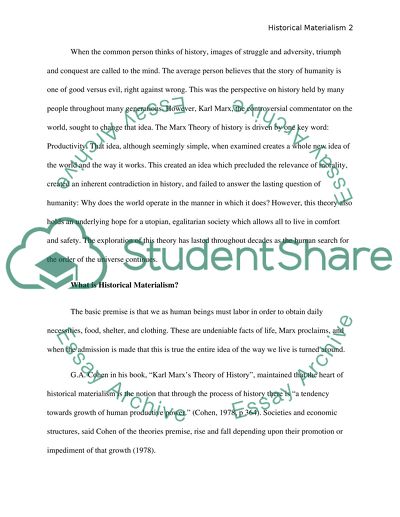Cite this document
(“Assess the strengths and weaknesses of the Marxist approach to the Essay”, n.d.)
Retrieved from https://studentshare.org/history/1424307-assess-the-strengths-and-weaknesses-of-the-marxist
Retrieved from https://studentshare.org/history/1424307-assess-the-strengths-and-weaknesses-of-the-marxist
(Assess the Strengths and Weaknesses of the Marxist Approach to the Essay)
https://studentshare.org/history/1424307-assess-the-strengths-and-weaknesses-of-the-marxist.
https://studentshare.org/history/1424307-assess-the-strengths-and-weaknesses-of-the-marxist.
“Assess the Strengths and Weaknesses of the Marxist Approach to the Essay”, n.d. https://studentshare.org/history/1424307-assess-the-strengths-and-weaknesses-of-the-marxist.


